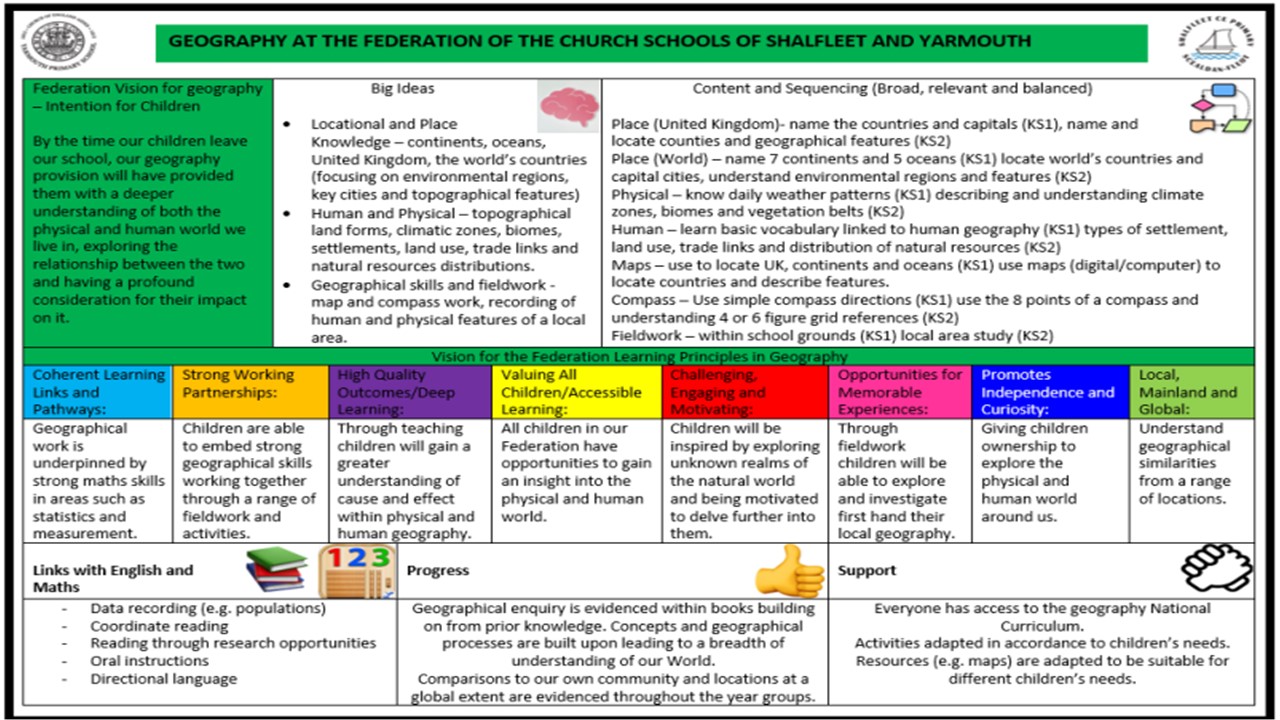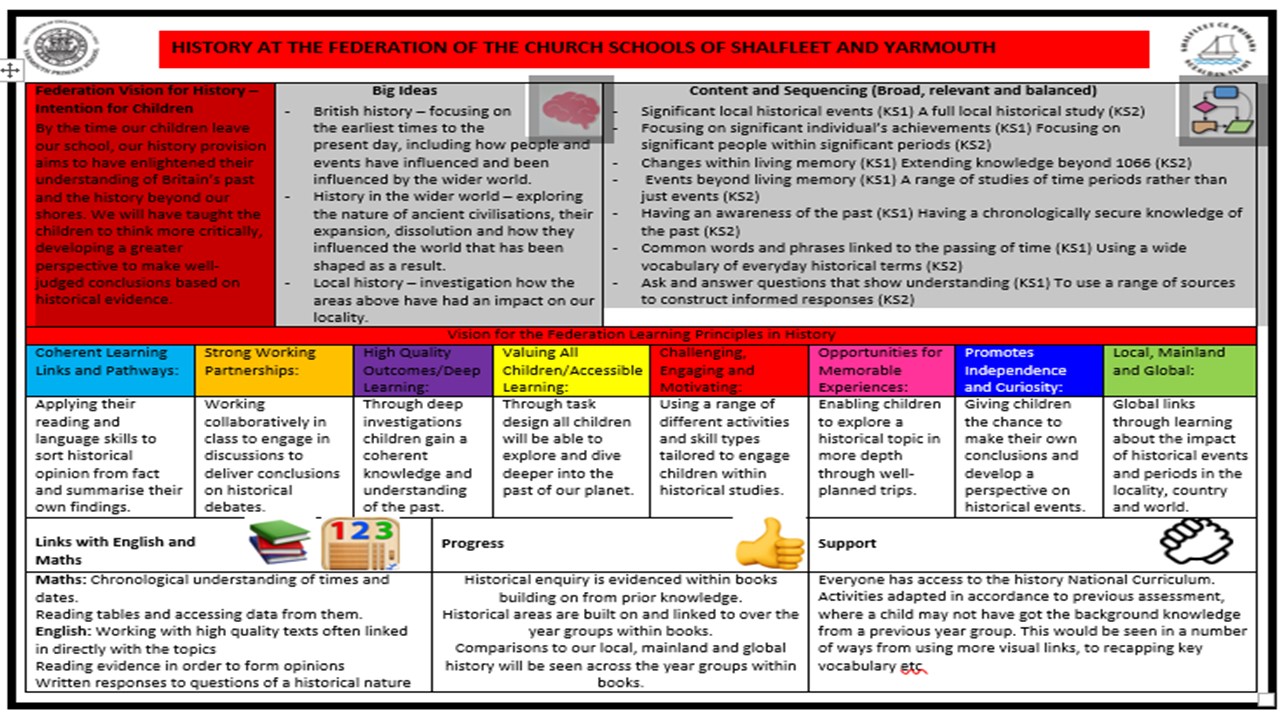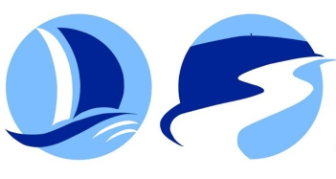curriculum
Geography & HistoryGeography
National Curriculum Statement
Purpose of study
A high-quality geography education should inspire in pupils a curiosity and fascination about the world and its people that will remain with them for the rest of their lives. Teaching should equip pupils with knowledge about diverse places, people, resources and natural and human environments, together with a deep understanding of the Earth’s key physical and human processes. As pupils progress, their growing knowledge about the world should help them to deepen their understanding of the interaction between physical and human processes, and of the formation and use of landscapes and environments.
Geographical knowledge, understanding and skills provide the frameworks and
approaches that explain how the Earth’s features at different scales are shaped,
interconnected and change over time.
Aims
The national curriculum for geography aims to ensure that all pupils:
* develop contextual knowledge of the location of globally significant places – both terrestrial and marine – including their defining physical and human characteristics and how these provide a geographical context for understanding the actions of processes
* understand the processes that give rise to key physical and human geographical features of the world, how these are interdependent and how they bring about spatial variation and change over time
* are competent in the geographical skills needed to:
1. collect, analyse and communicate with a range of data gathered through
experiences of fieldwork that deepen their understanding of geographical
processes
2. interpret a range of sources of geographical information, including maps, diagrams, globes, aerial photographs and Geographical Information Systems (GIS)
3. communicate geographical information in a variety of ways, including through
maps, numerical and quantitative skills and writing at length.
Our Intent
By the time our children leave our school, our geography provision will have provided them with a deeper understanding of both the physical and human world we live in, exploring the relationship between the two and having a profound consideration for their impact on it.
History
National Curriculum Statement
Purpose of study
A high-quality history education will help pupils gain a coherent knowledge and understanding of Britain’s past and that of the wider world. It should inspire pupils curiosity to know more about the past. Teaching should equip pupils to ask perceptive questions, think critically, weigh evidence, sift arguments and develop perspective and judgement. History helps pupils to understand the complexity of people’s lives, the process of change, the diversity of societies and relationships between different groups, as well as their own identity and the challenges of their time.
Aims
The national curriculum for history aims to ensure that all pupils:
* Know and understand the history of these islands as a coherent, chronological narrative, from the earliest times to the present day: how people’s lives have shaped this nation and how Britain has influenced and been influenced by the wider world
* Know and understand significant aspects of the history of the wider world: the nature of ancient civilisations; the expansion and dissolution of empires; characteristic features of past non-European societies; achievements and follies of mankind
* Gain and deploy a historically grounded understanding of abstract terms such as ‘empire’, ‘civilisation’, ‘parliament’ and ‘peasantry’
* Understand historical concepts such as continuity and change, cause and consequence, similarity, difference and significance, and use them to make connections, draw contrasts, analyse trends, frame historically-valid questions and create their own structured accounts, including written narratives and analyses
* Understand the methods of historical enquiry, including how evidence is used rigorously to make historical claims, and discern how and why contrasting arguments and interpretations of the past have been constructed.
Our Intent
By the time our children leave our school, our history provision aims to have enlightened their understanding of Britain’s past and the history beyond our shores. We will have taught the children to think more critically, developing a greater perspective to make well-judged conclusions based on historical evidence.


Monitoring & Evaluating
Impact of the implementation of the Geography & History curriculum is measured in a variety of ways.
These include:
Pupil Conferencing
Work Scrutiny – alongside teacher’s planning
Assessment data
Learning walks
Learning environment
